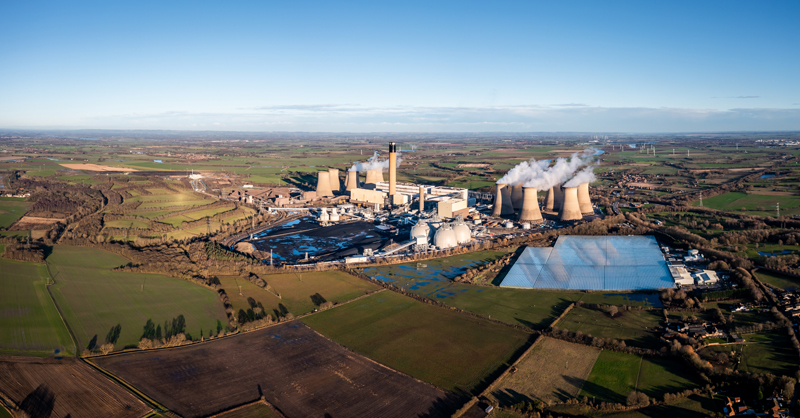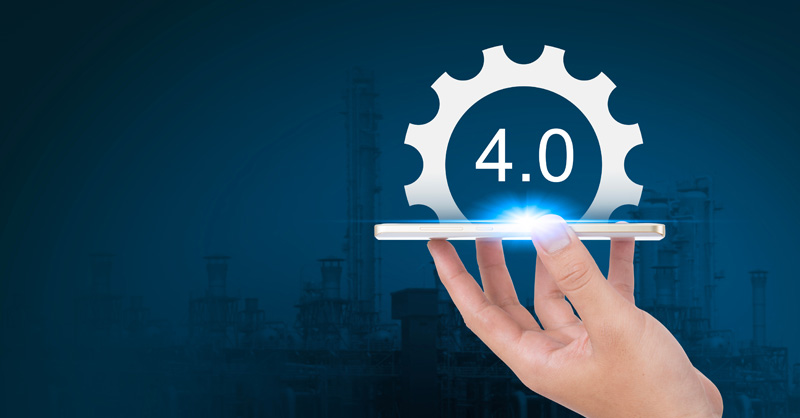The Midlands Engine Observatory’s State of the Region 2023 report is now available to read, this edition features a spotlight on the practical partnership between Midlands Engine and the InterAct Network as part of the Future of Digital Manufacturing Ecosystems project.
Each year since 2019, the Observatory has gathered together a wealth of data to provide a snapshot of how the Midlands is faring and where the key opportunities lie.
The 2023 report details a challenging twelve months across the Midlands and the UK.
The report is split into two sections, based on the business plan published by the Midlands Engine earlier this year.
The first half explores how the region fared in terms of our key economic drivers: increasing productivity; innovating across sectors; building infrastructure for growth and increasing investment.
More in-depth stats are presented in a thematic deep-dive section covering the Midlands Engine’s five key themes: Green Growth; Advanced Manufacturing; Food & Agri-tech; Med-tech and Life sciences and New Market Opportunities.
InterAct is pleased to continue working with Midlands Engine as the Network moves into it’s final year of research. Following the sucessful development of the Future of Digital Manufacturing Ecosystems ‘Scenarios 2040’ report, InterAct will be hosting workshops focusing on the agri-food and medical technology sectors followed by in depth case studies of three midlands based manufacturing firms outlined in the report.
Discussing planned collaboration, InterAct Co-director, Professor Jan Godsell said: “At InterAct, we’re committed to working with businesses
to help shape and co-develop our research to achieve the greatest benefits for regional and UK wide manufacturing.
By focusing our case study on the Midlands, we have a unique opportunity to support the thriving industrial base here and enable them to establish future systems of digital manufacturing – creating more resilient and prosperous supply chains which will enhance the productivity of the region and provide a blueprint for wider applicability to the rest of the country.”


